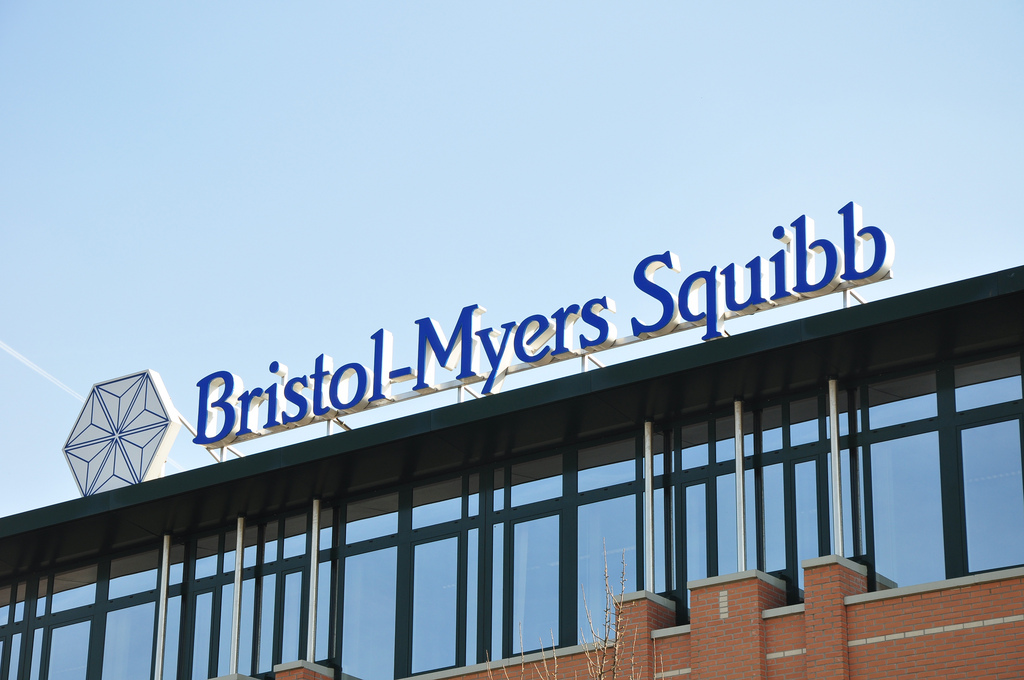
Bristol-Myers Squibb Co., announced the U.S. Food and Drug Administration (FDA) has approved a supplemental Biologics License Application (sBLA) updating the Opdivo (nivolumab) dosing schedule to include 480 mg infused every four weeks (Q4W) for a majority of approved indications. This approval will provide health care professionals the flexibility to customize patient care with the option of using the newly approved Q4W (480 mg) flat dose in addition to the previously available option of every two weeks (Q2W) at 240 mg, now available in a new 240 mg vial. Opdivo also was approved for a shorter 30-minute infusion across all approved indications. Dosing schedule updates for an additional approved indication for Opdivo may be submitted to the FDA in the future.
“At Bristol-Myers Squibb, we are united in our mission to fight cancer from all angles and recognize every patient has unique needs. From the introduction of our first Immuno-Oncology agent through today’s approval of flexible dosing options at two- or four-week intervals, we are relentless in pursuing innovative options for the cancer community,” said Johanna Mercier, head, U.S. Commercial, Bristol-Myers Squibb. “With this approval, we now offer the most robust range of dosing options for an Immuno-Oncology medicine, providing enhanced flexibility to help address each patient’s specific needs.”
Bristol-Myers Squibb’s strong heritage in Immuno-Oncology underpins this approval, which builds on the company’s experience in developing agents that use the body’s own immune system to help fight cancers. The Q4W (480 mg) flat dose option is approved for the following indications for Opdivo:
- Metastatic melanoma (monotherapy or monotherapy phase after combination treatment with Yervoy [ipilimumab])
- Previously treated metastatic non-small cell lung cancer
- Advanced renal cell carcinoma following prior anti-angiogenic therapy
- Previously treated locally advanced or metastatic urothelial carcinoma following disease progression during or after platinum-based chemotherapy
- Classical Hodgkin lymphoma following relapse/progression after autologous hematopoietic stem cell transplantation (HSCT) and brentuximab vedotin, or three or more lines of systemic therapy that includes autologous HSCT
- Recurrent/metastatic squamous cell carcinoma of the head and neck following platinum-based therapy
- Hepatocellular carcinoma after prior sorafenib therapy
- Adjuvant therapy for patients with completely resected melanoma with lymph node involvement or metastatic disease
Opdivo is associated with the following Warnings and Precautions including immune-mediated: pneumonitis, colitis, hepatitis, endocrinopathies, nephritis and renal dysfunction, skin adverse reactions, encephalitis, other adverse reactions; infusion reactions; complications of allogeneic HSCT after Opdivo; and embryo-fetal toxicity.
With the expanded label, the following dosing schedule options are immediately available:
| Schedule | Dosage | |||
| Q2W | 240 mg (now available in one vial) | |||
| Q4W | 480 mg | |||
“We continuously learn new ways to individualize treatment with Immuno-Oncology therapies, and in my experience, what works for one patient may not be optimal for another,” said Jeffrey S. Weber, M.D., Ph.D., deputy director of the Perlmutter Cancer Center at NYU Langone Health and professor of medicine at NYU School of Medicine. “For instance, some patients may need the support of two-week visits with their health care team, while for others, a four-week interval may be more appropriate and better suited to their treatment needs. With this approval, we now have additional ways to help tailor patient care.”
Filed Under: Drug Discovery




